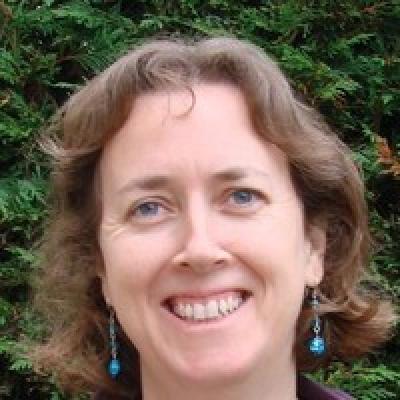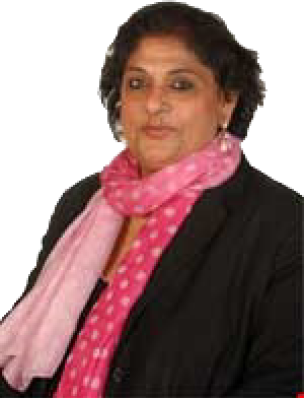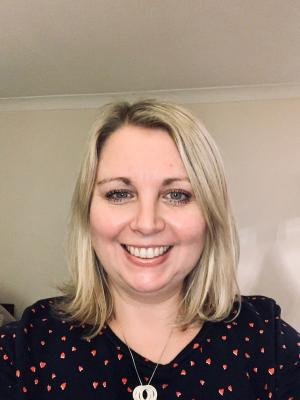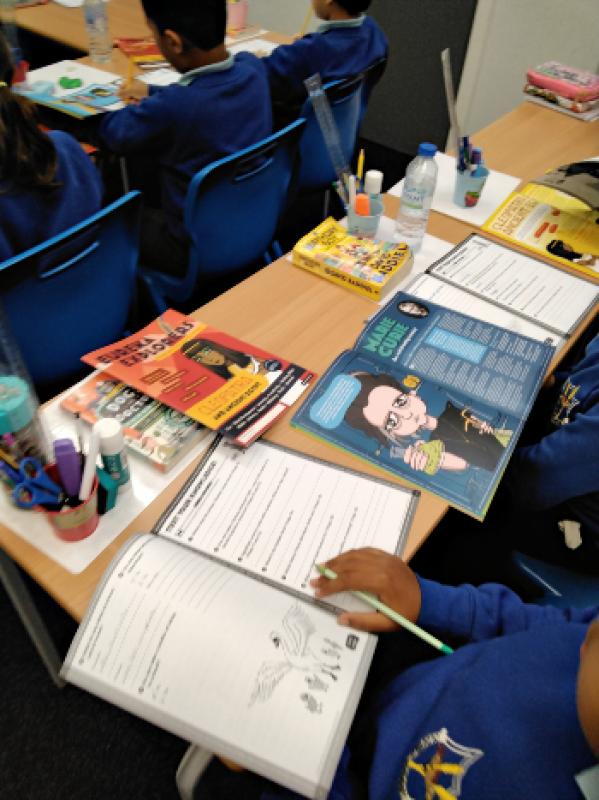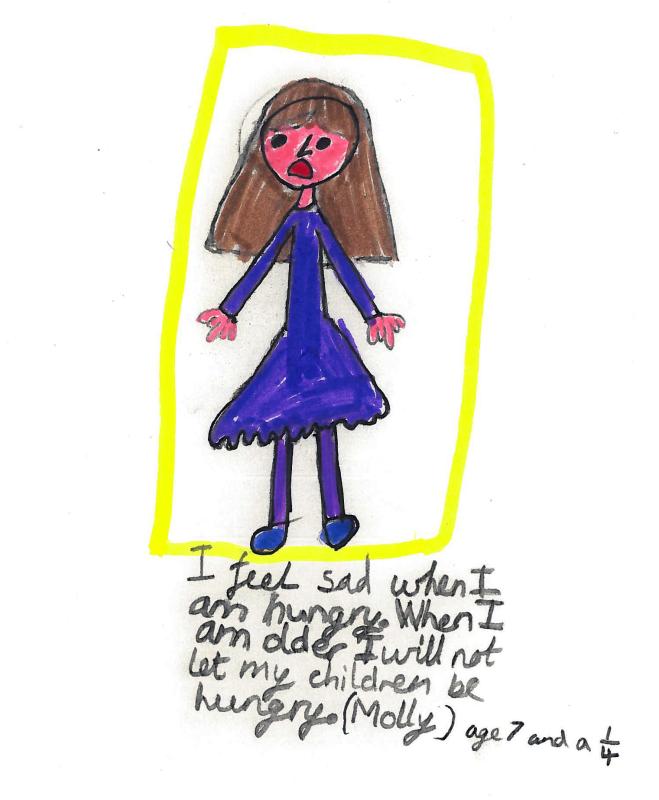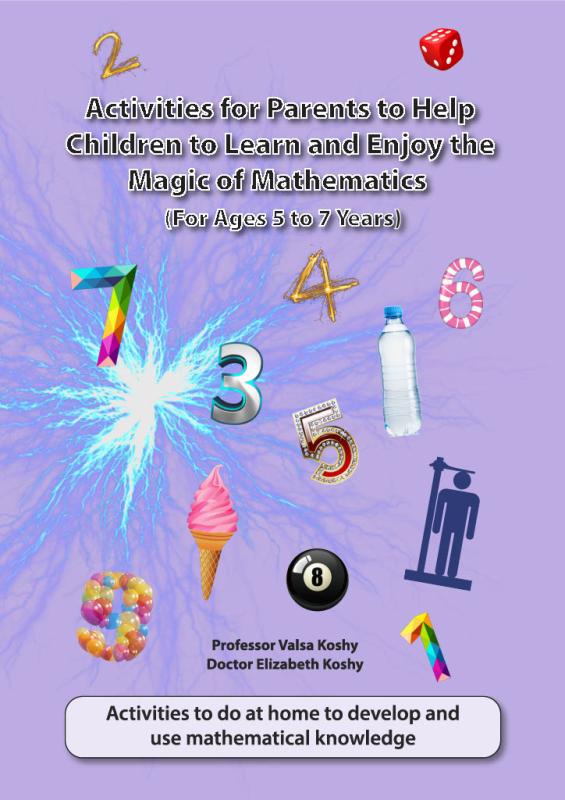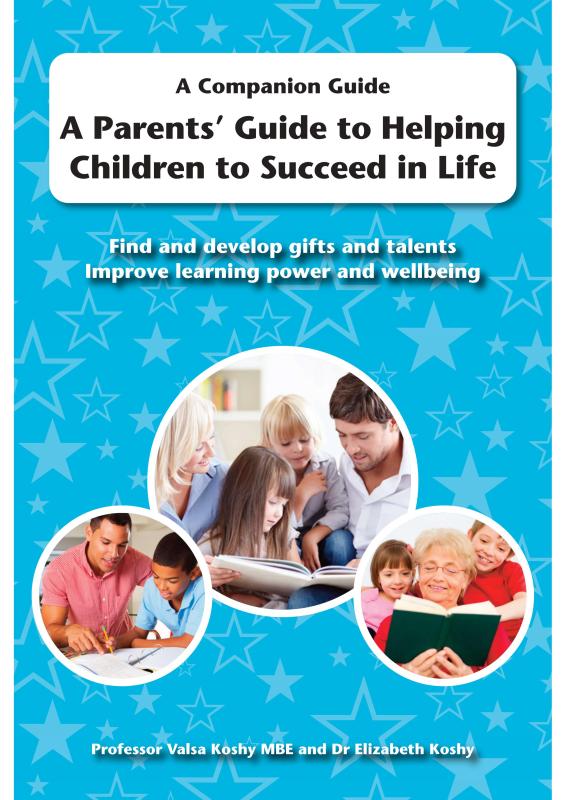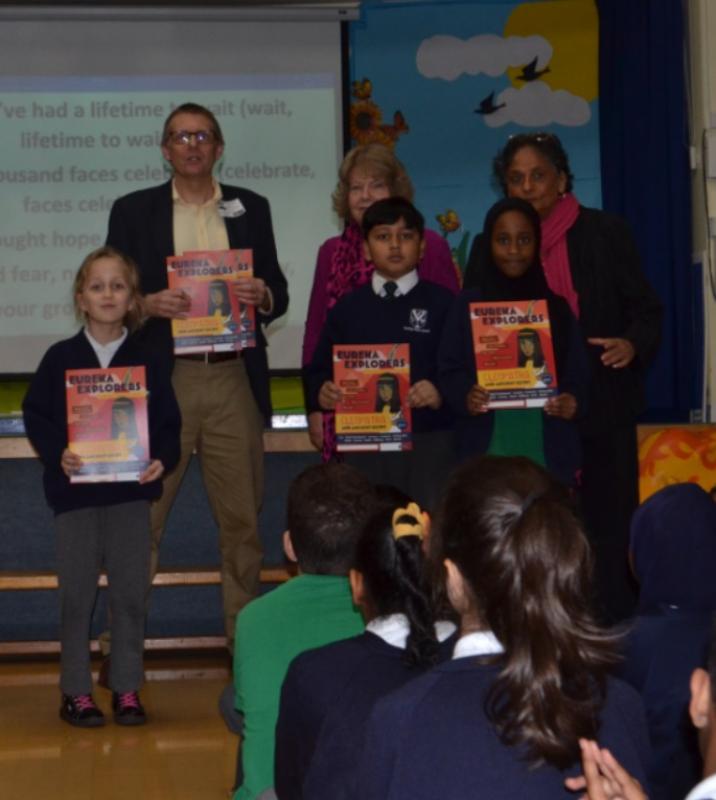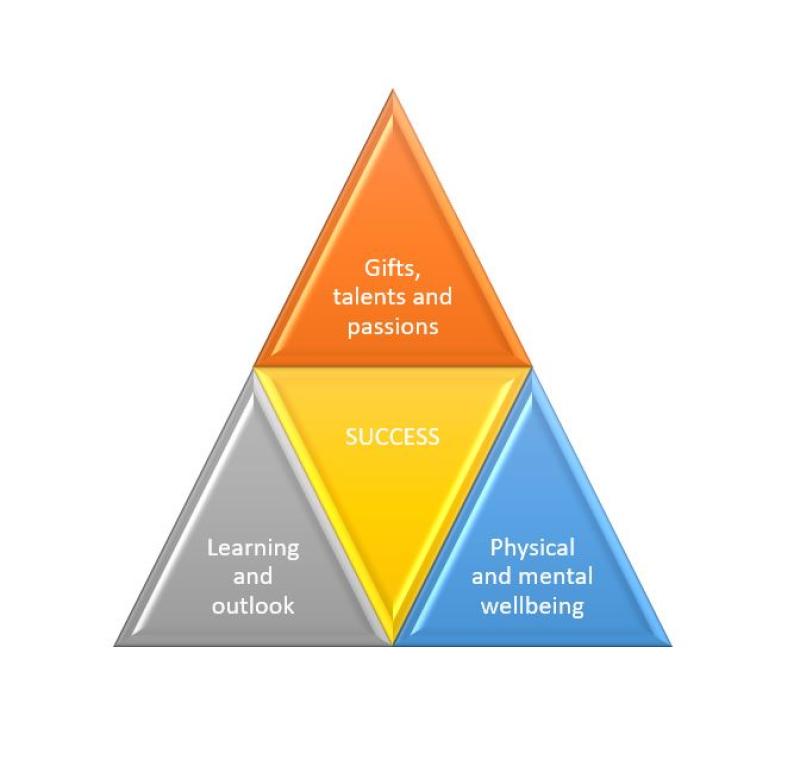The Young Scholars Programme at Brunel University London is guided by strong evidence from policy documents, wider research, and work with children from disadvantaged backgrounds for over 20 years. It was founded by Professor Valsa Koshy MBE on the principle that there are no limits to children’s education and that education is the key to an enriched, fulfilled life.
Our scheme to help low-income parents engage with their children’s ‘special strengths’ has launched amongst eighteen schools in West London and children in care. It supports young children aged 5 to 11 and is based on evidence that social disadvantage suppresses children’s talents and potential.
The initiative is designed to raise the aspirations and achievement of children and families, using innovative and bold interventions. The Programme comes in aid of parents who play a big role in providing hope and direction for the future, and schools that are desperately in need of accessible, high quality support resources and tools to work with children.
The intervention was launched in 2018 and has been an incredible success. Through resources such as Eureka Magazine, designed by a group of academics, school practitioners and children, parent guidebooks, activity workbooks, seminars, presentations, talks, and classroom activities we have supported over 2500 children and 700 parents.
In recognition of Prof Koshy’s distinguished contribution to education in a range of roles spanning four decades, she has been awarded an MBE in the 2019 Queen’s New Year’s Honours list.



